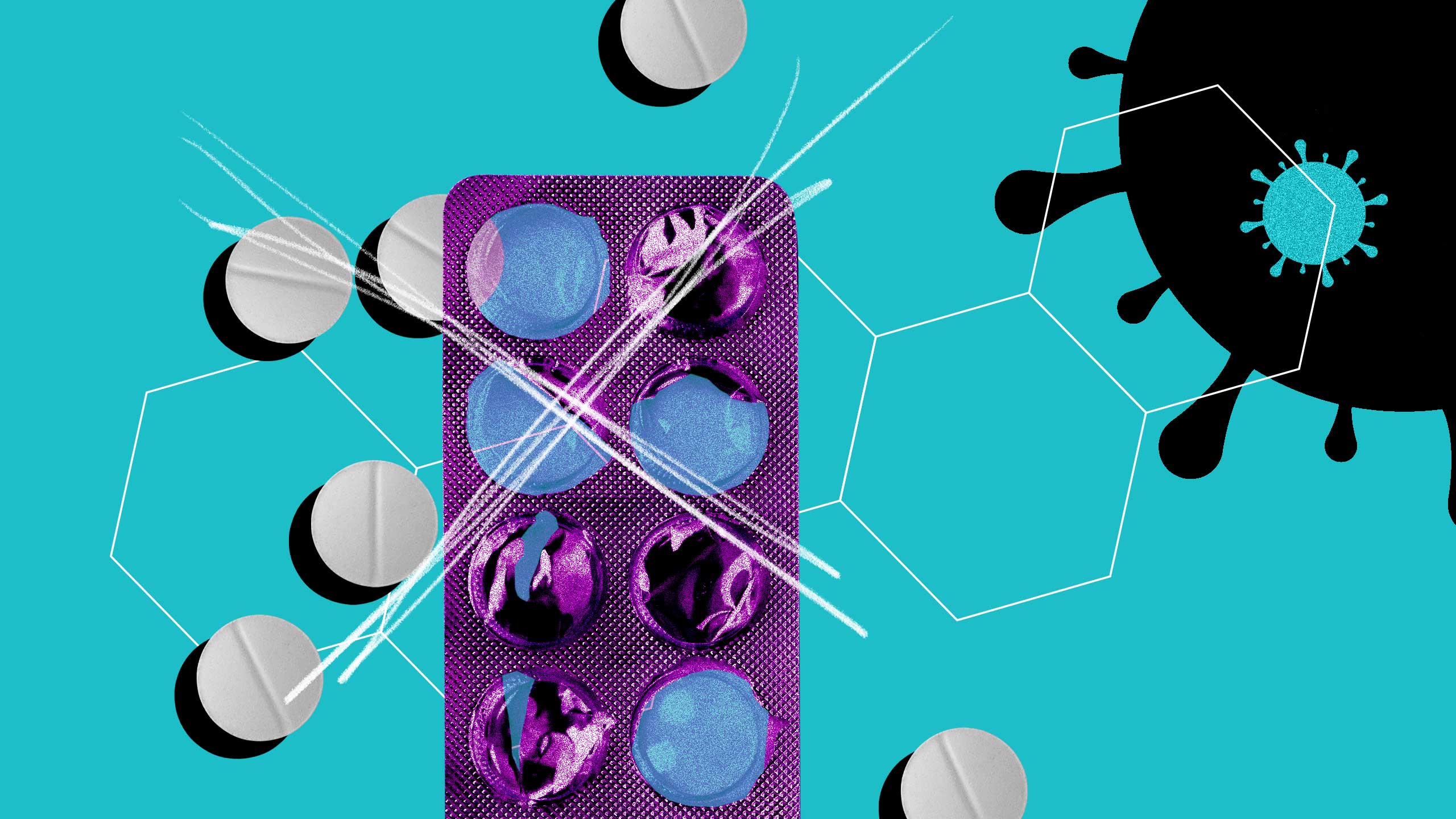First it was horse dewormers. Now some of the vital drugs used in trans health care are being touted as miracle treatments for COVID-19, despite no medical evidence to suggest they should be used that way.
During an appearance on the right-wing Fox News last week, Pierre Kory from the Front Line COVID-19 Critical Care Alliance (FCCC) talked about his organization’s guidelines, which recommend various unauthorized COVID-19 treatments and prevention methods, including ivermectin and hydroxychloroquine therapies.
The FCCC and Fox News have played a huge role in disseminating unproven recommendations and conspiracy theories around these drugs. Both ivermectin and hydroxychloroquine have been widely shown to be ineffective COVID-19 treatments, and neither drug is approved by the U.S. Food and Drug Administration (FDA). for preventing or treating the virus.
Health Canada issued an advisory in late August against using ivermectin to treat COVID-19.
“There is no evidence that ivermectin in either [the human or veterinary] formulation is safe or effective when used for those purposes,” the federal agency warned.
Anti-androgens falsely touted as COVID-19 treatment
But in addition to the already unproven medical theorizing found in the FCCC’s recommendations, a number of trans social media users noticed this week that some familiar drugs are listed under the FLCC’s recommended “second-line agents”—specifically spironolactone, in combination with either dutasteride or finasteride.
These drugs are part of a class known as anti-androgens, used by some trans feminine people to suppress testosterone levels. The drugs have other uses outside of trans health care as well: spironolactone is used to treat heart failure, while finasteride can be used to treat male pattern baldness.
However, the high doses suggested in the FLCCC document—200 mg daily in the case of spironolactone—are more in line with what trans feminine people are prescribed for hormone therapy.
Anti-androgens are unproven as a COVID-19 treatment
Marshall Dahl, head of endocrinology at the University of British Columbia and the president of the Society of Endocrinology and Metabolism of British Columbia, says there is no clinical evidence that anti-androgens work to treat COVID-19.
“Things start with people speculating and then investigating. But proper science means doing proper trials in a scientific fashion and the most recent appropriate trial of an anti-androgen shows no benefit in COVID-19 data whatsoever,” Dahl said.
A Phase 2 trial, published in European Urology in December 2021, looked into the effects of testosterone in cis men in relation to their immune response to COVID-19. Specifically, researchers were investigating if anti-androgen therapy could strengthen the body’s immune response to COVID-19.
Results did not support the effectiveness of anti-androgen drugs in treating COVID-19, and researchers concluded the drugs should not be used in that way.
Dahl says that taking medications like these improperly can lead to problematic side effects such as liver issues or blood clotting—and COVID-19 patients are already at a higher risk of blood clotting. Taking anti-androgen hormonal suppressants at a dosage recommended for trans feminine people without estrogen can also lead to long-term bone density issues and other negative side effects from the lack of sex hormones in the body.
“Cisgender people who rely on testosterone don’t have other hormones to replace it, so they would end up with no hormone function at all,” Dahl says. “And it’s not good for people in the long term to have neither kind of sex hormone, testosterone or estrogen.”
But while there were ivermectin shortages following its popularization as a fake COVID-19 prevention method, Dahl says trans folks shouldn’t worry too much about demand for their medications spiking.
“I think these medicines are long-standing drugs with good supply and generic so I don’t think that improper use by the COVID-19 population would endanger the supplier for more appropriate uses, which is transgender and then cisgender people that other medical problems,” he says.
Dahl—who was working in a Vancouver COVID-19 ward when reached by Xtra—says that as the Omicron variant surges, people need to rely on scientifically proven fundamentals to prevent transmitting the virus, not unproven cures.
“At the moment, people should be returning to the basics, which is avoiding getting COVID-19 by personal distancing, avoiding getting COVID-19 by training one’s immune system with immunisations and really not going for the latest in a series of unfounded cures, using medicines that are meant for other purposes.”


 Why you can trust Xtra
Why you can trust Xtra


